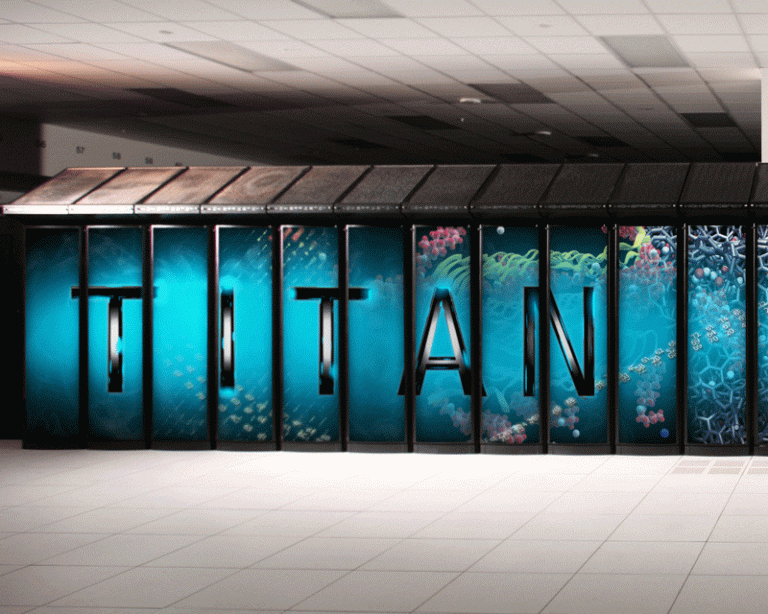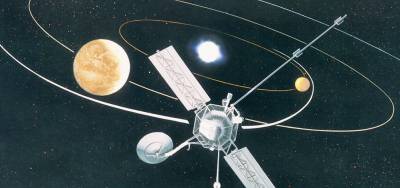Professor Peter Coveney awarded major allocation of supercomputer resources
11 December 2017
Professor Peter Coveney, from the Centre for Computational Science (UCL Chemistry), has led a proposal that has been awarded a major allocation of super computer resources (80 million core hours on Titan, the world's fifth fastest supercomputer, as of November 2017)

Professor Peter Coveney, from the Centre for Computational Science (UCL Chemistry), has led a proposal that has been awarded a major allocation of super computer resources (80 million core hours on Titan, the world's fifth fastest supercomputer, as of November 2017) through the US Department of Energy INCITE Supercomputing Award.
The INtegrated and Scalable PredictIon of REsistanace (INSPIRE) project aims to lay the foundations for the use of molecular simulation and machine learning to guide precision cancer therapy, in which therapy is tailored to provide maximum benefit to individual patients based on the genetic information about their particular cancer.
The award will start from 1 January 2018 and will run for one year initially, renewable on approval for a second year. This novel proposal was led by Prof Peter V Coveney at UCL, and combines his teams work on binding affinity predictions into collaboration with Dr John Chodera from the Memorial Sloan Kettering Cancer Center in New York City; and with Rick Stevens at Argonne National Laboratory and the University of Chicago, who leads the Deep Learning Enabled Precision Medicine for Cancer project in collaboration with four DoE labs and the National Cancer Institute. This is a project that will combine HPC with HPDA (high performance data analytics) using RADICAL Cybertools and it is hoped that it will lead to an important breakthrough in computational biomedicine.
Links
- Professor Peter Coveney
- UCL Chemistry
- Centre for Computational Science
- Memorial Sloan Kettering Cancer Center
- Argonne National Laboratory
Image
Image courtesy of the Oak Ridge National Laboratory and NVIDIA Corporation
 Close
Close




